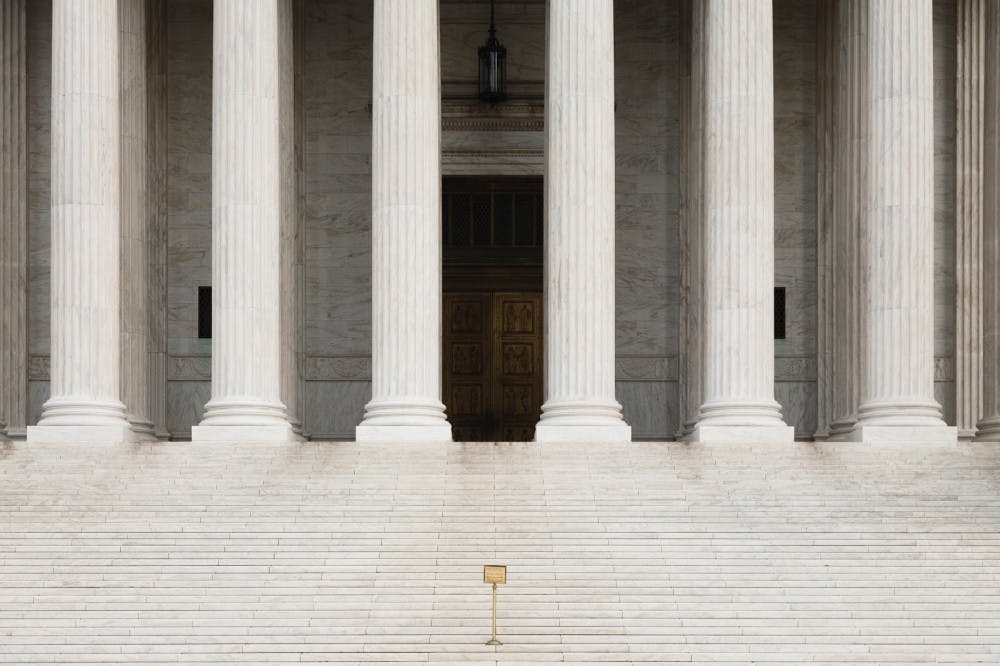By Ariel Steinsaltz
Staff Writer
On April 5, the Supreme Court dismissed a case regarding former President Donald Trump’s Twitter account, according to NBC News.

The case began with seven people, who were all blocked by Trump on his (now-banned) Twitter account after being critical of his tweets. Lower courts ruled in favor of the plaintiffs, saying that it violated the first amendment to block Twitter responders based on their political viewpoints. The 2nd Circuit Court of Appeals ruled that Trump’s Twitter account, which often contained contributions by White House staff, was essentially a public forum, according to NBC News.
Trump’s justice department urged the Supreme Court to reverse the lower court rulings on the grounds that blocking individual users was a personal choice allowed to Twitter users, even if his account sometimes contained official statements. On the last night of Trump’s presidency, however, the justice department changed course and asked the court to instead dismiss the case as moot, and to vacate the rulings of the lower courts, according to NBC News.
The justices ended up dismissing the case and vacating the 2nd Circuit court’s ruling, sending it back to that court with instructions to declare the case as moot since Trump is no longer president. Vacating the ruling means that future judges will not be bound to it when making their decisions, according to CNBC.
Katie Fallow, a member of a group called The Knight Institute that advocates for first amendment rights, represented the plaintiffs. She urged Supreme Court justices to leave the lower courts’ rulings intact rather than vacating them. She argued that the case was important in setting a precedent for public officials on social media, saying, “There is now widespread recognition that the principles we established in this case are important to protecting the vitality of public forums that are increasingly important to our democracy,” according to NBC News.
The case ruling was issued with no stated dissents and no written explanation of the court’s reasons for the decision, according to CNBC.
Justice Clarence Thomas wrote a concurring opinion, stating that he agreed with the decision to dismiss the case since Trump was now a private citizen, and stressed that the case brought up legal difficulties surrounding social media. He said that “Applying old doctrines to new digital platforms is rarely straightforward.” He also said that there was a point to the idea that “Some aspects of Mr. Trump’s account resemble a constitutionally protected public forum,” but that it was odd to call it a public forum when a private company had the authority to get rid of it, as Twitter did when they banned Trump’s account, according to CNBC.
The executive director of the Knight Institute, Jameel Jaffer, said that the case “was about a very simple principle that is foundational to our democracy: Public officials can’t bar people from public forums simply because they disagree with them.” He said that while they wished the Supreme Court had not vacated the decision, they are glad that other courts have started to adopt the reasoning, and think that it will affect how public officials use social media in the future, according to CNBC.







